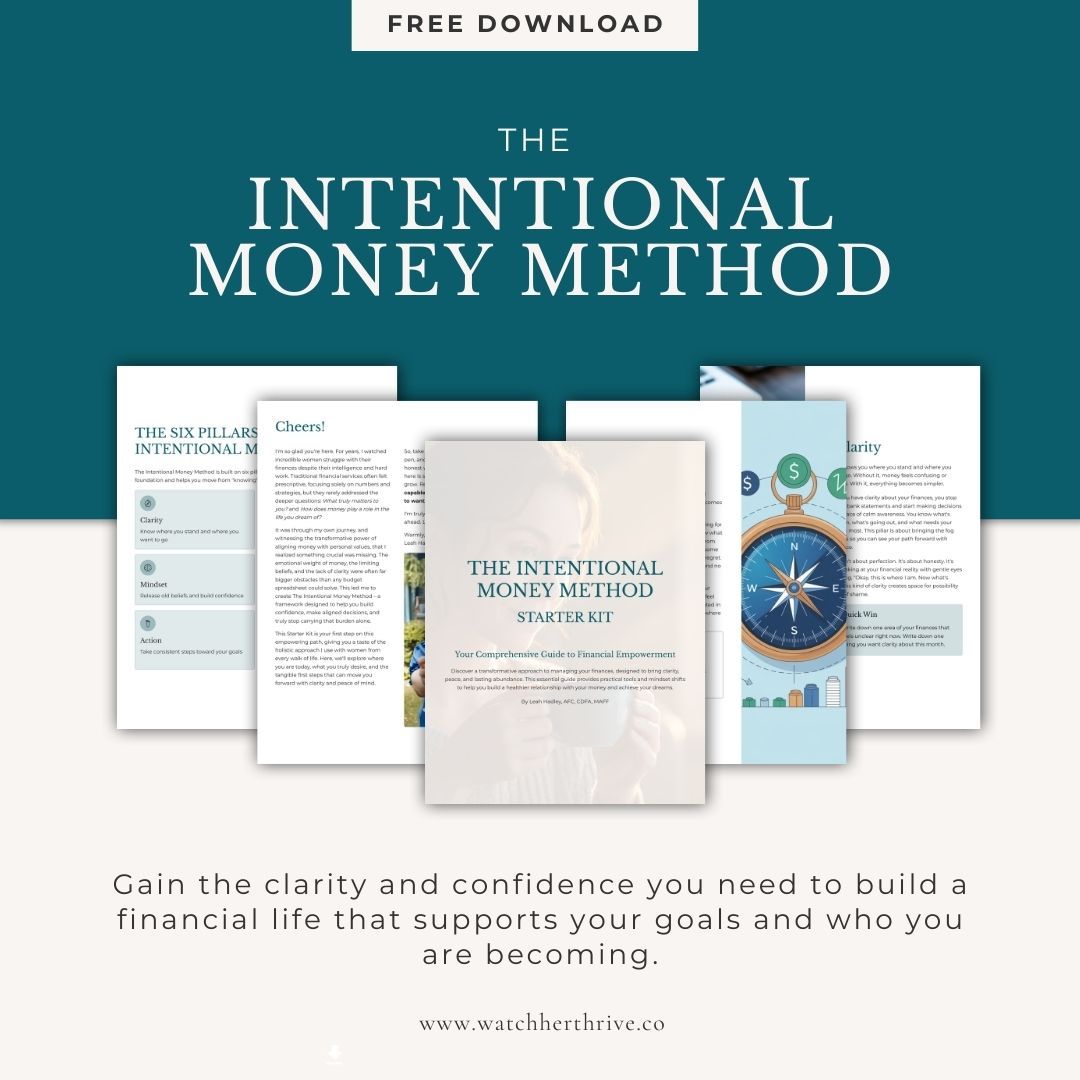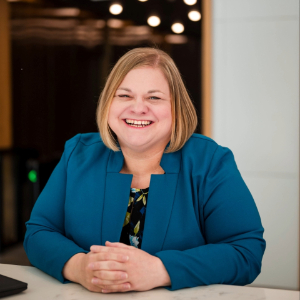Charting Your Course: Retirement Planning for Women in Their 50s

Navigating the complex waters of retirement planning for women can often feel overwhelming and daunting, particularly after experiencing significant life events such as a job loss or divorce. However, it's important to recognize that entering this phase also presents an empowering opportunity to reshape and refocus on a future that is tailored specifically to your needs and aspirations.
As many individuals begin to give retirement planning the gravitas it deserves in their 50s, it becomes increasingly indispensable for single women to approach this phase with both strategy and intention. This comprehensive guide is designed to provide you with invaluable insights, practical steps, and expert advice needed to instill confidence in your journey to a secure retirement. By equipping yourself with the right knowledge and tools, you can navigate the intricacies of retirement planning with ease, ensuring a secure and fulfilling future ahead.
A Guide to Retirement Planning for Women in Their...
Navigating New Horizons: Planning for Retirement After Divorce

Divorce often leads to changes in every aspect of your life, especially your finances. It can be particularly daunting when you have to rethink and re-plan your retirement strategy. However, planning for retirement after a divorce doesn't need to be overwhelming. With the right approach, you can turn this life-altering experience into an opportunity to create a solid, customized retirement plan that works best for your new lifestyle.
Understanding the Impact of Divorce on Retirement
Divorce often results in splitting assets, including retirement funds, which may significantly reduce the amount you had planned to live on during retirement. It can also lead to increased living expenses, as you shift from shared costs to bearing them independently. Both of these changes can profoundly affect your original retirement plan.
Moreover, divorce can have various tax implications, like potential penalties for early withdrawal from retirement accounts or changes in tax filing status. These con...
Social Security Considerations for Divorced Women

As part of our Thriving After Divorce Speaker Series, our own Leah Hadley, Founder and CEO of Intentional Divorce Solutions and Intentional Wealth Partners, discussed Social Security Considerations for Divorced Women.
Social security is a very important topic, especially for women who have been divorced (whether or not you're now remarried) and are approaching retirement age. Women represent 56 percent of all Social Security beneficiaries aged 62 and older and about 66 percent of all beneficiaries aged 85 and older.
Even though progress has been made in bridging the gender pay gap, on average, women still earn less than men and have less retirement savings. BUT on average, women are LIVING LONGER than men, so how can you maximize the money you have so you can live the way you want in your retirement?
In Leah's presentation, she discussed the value of Social Security and the ways you may increase your lifetime benefits.
The Value of Social Security
First, Social Security is one of...
5 Financial Myths to Stop Believing (and the Truths Instead!)

People like to make a lot of proclamations about what to “always” or “never” do with your money. However, these are quite often total financial myths. And, when it’s coming from a source you trust, you tend to take these financial myths at face value rather than exploring the truth of the situation for yourself.
These five financial myths can negatively impact your mental wellbeing as well as that of your budget and financial security. So let’s play MythBusters and talk through some of the things we always hear about finances and the reality of the matter instead.
Financial Myth #1: You don’t need an emergency savings fund if you have a credit card.
The Reality: This is a very costly (and not always assured) way to cover emergencies.
This is one of the financial myths that always gets me going! There are so many things that could get you into trouble around credit cards and the way people use them is one of them.
The reality is that you may have credit today, but not tomorrow. ...
Should You Pay Off Debt or Save For Retirement?

Juggling multiple financial goals can be stressful and confusing. It's especially challenging to make progress on other financial goals when you're drowning in debt. The message is clear when it comes to saving for retirement - start early! However, some financial gurus are adamant that you should pay off all of your revolving debt before investing for retirement. So, should you pay off your debt first or start saving for retirement? How do you decide?
#1 Make a Budget
When making your budget, you have to consider everything. Evaluate how much you make, your expenses such as insurance (health and vehicle), utilities, groceries, etc. your debts, and your saving plans. When figuring out each month what you can afford, we have to make sure we have every aspect covered in our life. Going through the budgeting process will help you determine the money you have available for debt repayment as well as for retirement savings.
For each debt, be sure to identify the balance, the associate...
Don't Believe These Investment Myths

As you learn more about investing, it can become apparent that there are many investment myths out there, ranging from absolutely ridiculous practices to things that may seem almost legitimate. No matter whether you get the information from a peer or an investment professional, be sure to keep an eye out for these common investment myths.
Don’t Believe These Investment Myths
Of course, each investor is different. There are no hard and fast guidelines that apply to everyone when it comes to balancing risk, but it does help to have a good understanding of what to look for.
Myth #1: Risk Definition is Static
Risk means different things to different investors. The way you manage risk has to do not only with the amount of money you’re investing but also your personality. Outside of investing, look at how you manage risks and how you associate them with your day-to-day life. Rather than focusing on whether something is “risky” in the market, consider what a risky investment means to yo...



